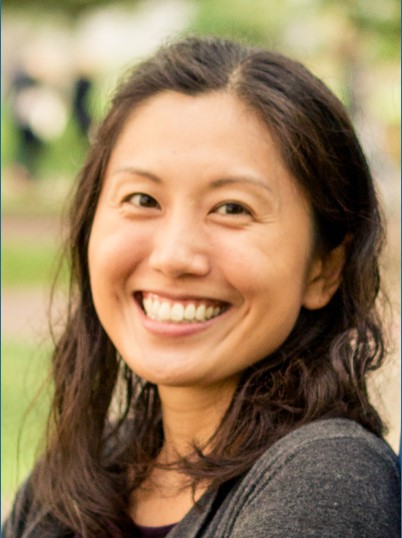
Carole Lee
Professor, Philosophy
University of Washington
Tel: 206-543-9888 Box: 353350
![]() website
website
CSDE Research Areas:
- Demographic Measurements and Methods
In the News:

Professor, Philosophy
University of Washington
Tel: 206-543-9888 Box: 353350
![]() website
website
CSDE Research Areas:
In the News: